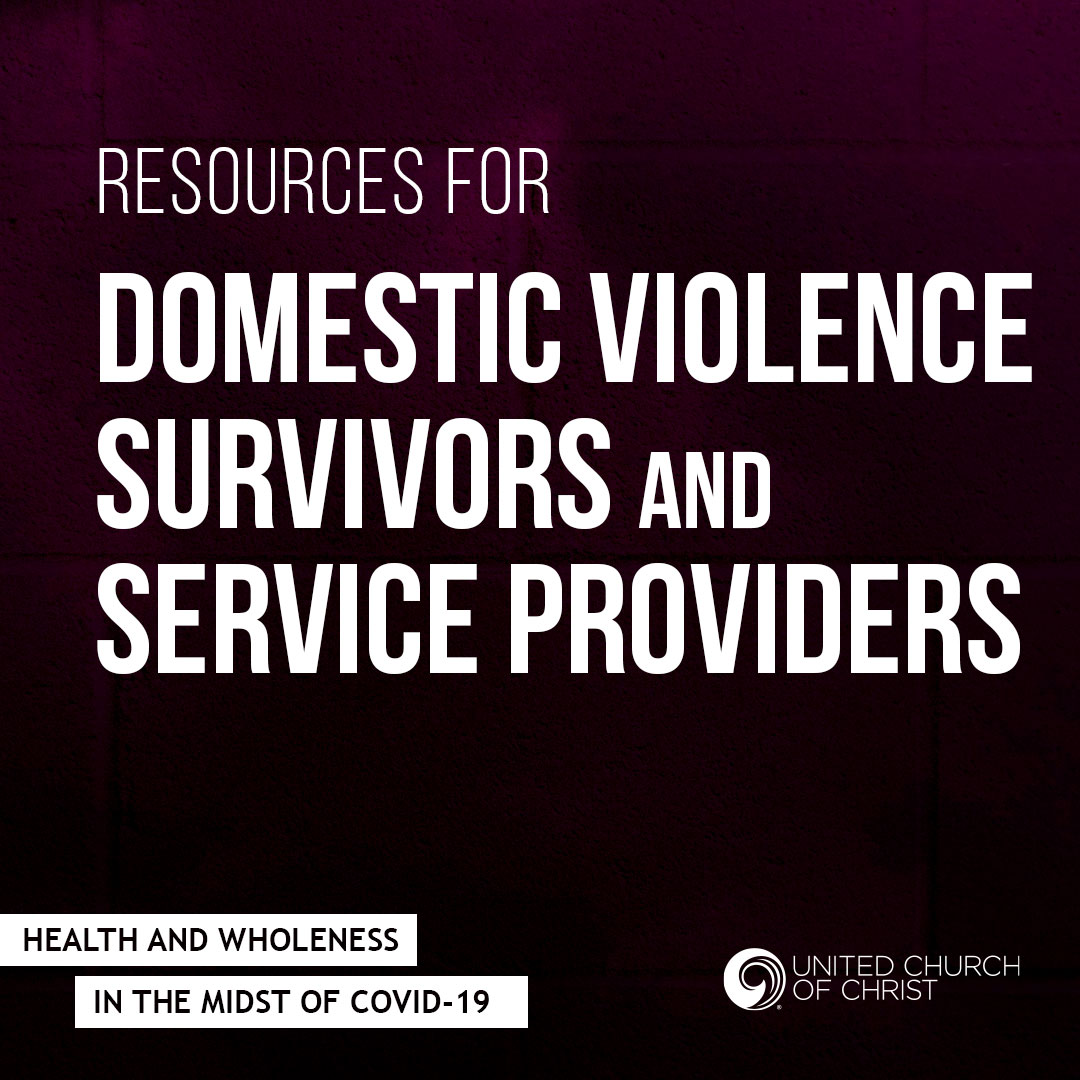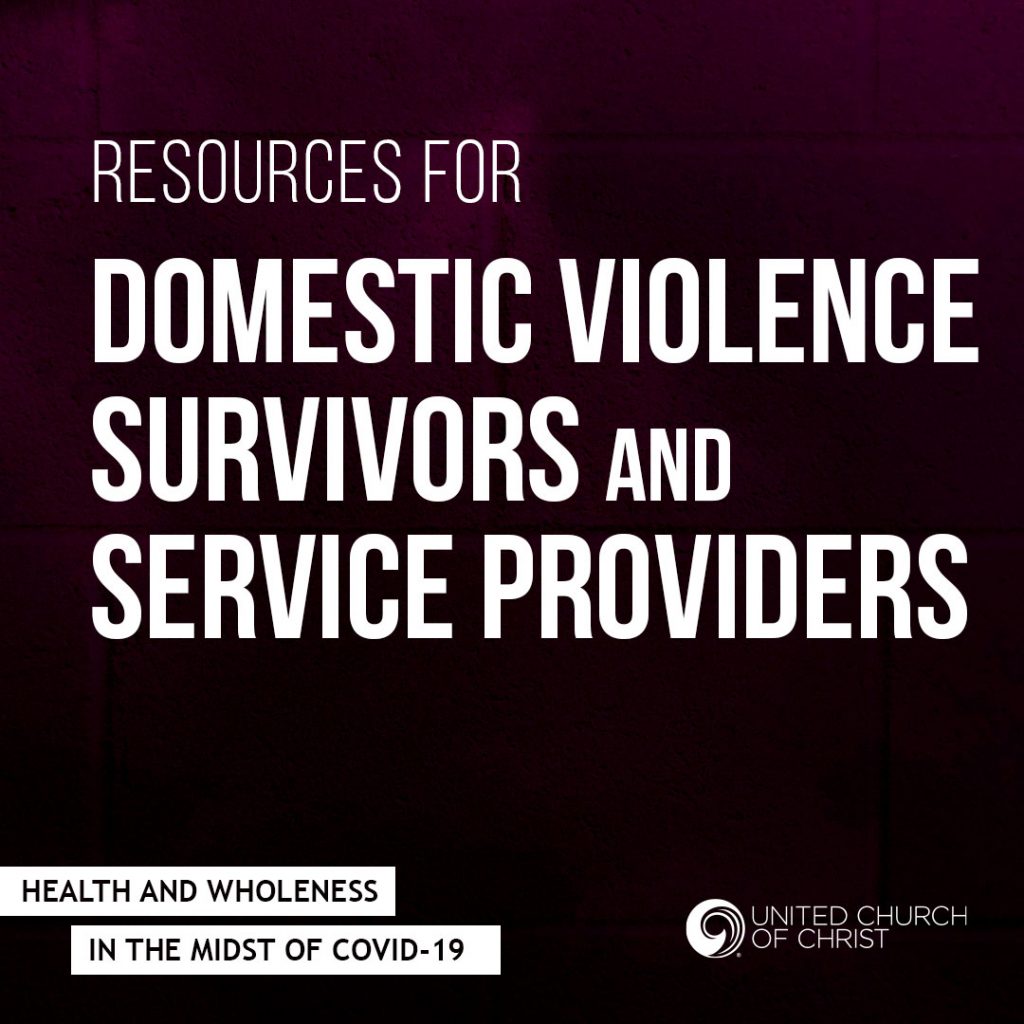Resources for Domestic Violence Survivors and Service Providers
 Sources:
Sources:
- National Domestic Violence Hotline (www.thehotline.org)
- Futures without Violence (www.futureswithoutviolence.org)
- Domestic violence advocates: more people are calling help hotlines amid COVID-19 pandemic.
How COVID-19 May Impact People Who Are Survivors of Domestic Abuse
- Stress may increase instances of physical and emotional violence during isolation
- Shelter in place restrictions may make getting away from an abuser safely even more difficult
- Abusers may withhold necessary items, such as disinfectants or insurance cards
- Escape plans of survivors may be impacted by travel restrictions
- Shelters may be full or have stopped intakes during this time
Tips for Domestic Violence Survivors and Those Who Love Them
- Create a safety plan
resources: ”Path to Safety“ and “Interactive guide to safety planning“ - Because shelter availability may be limited right now, consider if there are family and friends with whom you can stay, or if you can take shelter in a hotel or in your vehicle.
- Let trusted friends and family members know of your situation.
- Decide on several credible reasons you may need to leave your home during the day or at night.
- Identify the most safe places in your home (no weapons and a way to escape).
- Teach your children how to get help and to not interfere in violence between you and your partner.
- Practice self-care as much as possible.
For ideas see: “The Importance of Self-Care”. - Stick to your routines as much as possible.
- Stay connected to friends and family via phone or online if you are able.
Pastoral Considerations with Domestic Violence Survivors
- Familiarize yourself with local, state and national resources for survivors, and know whether or not shelters in your area are open at this time
- Use non-stigmatizing language when talking about people who have been abused (“survivor” instead of “victim” and “person living with an abuser” instead of “abused woman/child/person”).
- Include explicit mention of survivors of domestic violence in your prayers.
- Check in regularly on those for whom you are concerned. This can be a lifeline to safety and sanity for many who are sheltering in place with an abusive person.
- Care for yourself. Providing spiritual care for folks in these situations can be stressful, especially when regularly available resources are limited or closed.
Resources for Survivors of Domestic Abuse
- The National Domestic Violence Hotline (24/7): www.thehotline.org Includes online chat feature. 1-800-799-7233
- Staying Safe During COVID-19
- Interactive Guide to Safety Planning
- Information on COVID-19 for Survivors, Communities, and Domestic Violence/Sexual Assault Programs (includes resources in Spanish, resources for folx in Native American communities, resources for those who are deaf or hard of hearing, trans folx, and more.
- The National Sexual Assault Hotline (24/7): www.hotline.rainn.org 800.656.HOPE (4673)
- Pod mapping tool to identify supportive people in your life who may be able to help
- Videoconference recording with Amy Johnson, UCC Minister for Sexuality Education and Justice with information to help pastoral care providers facing domestic violence in those to whom they minister.
- Resources in pdf format
